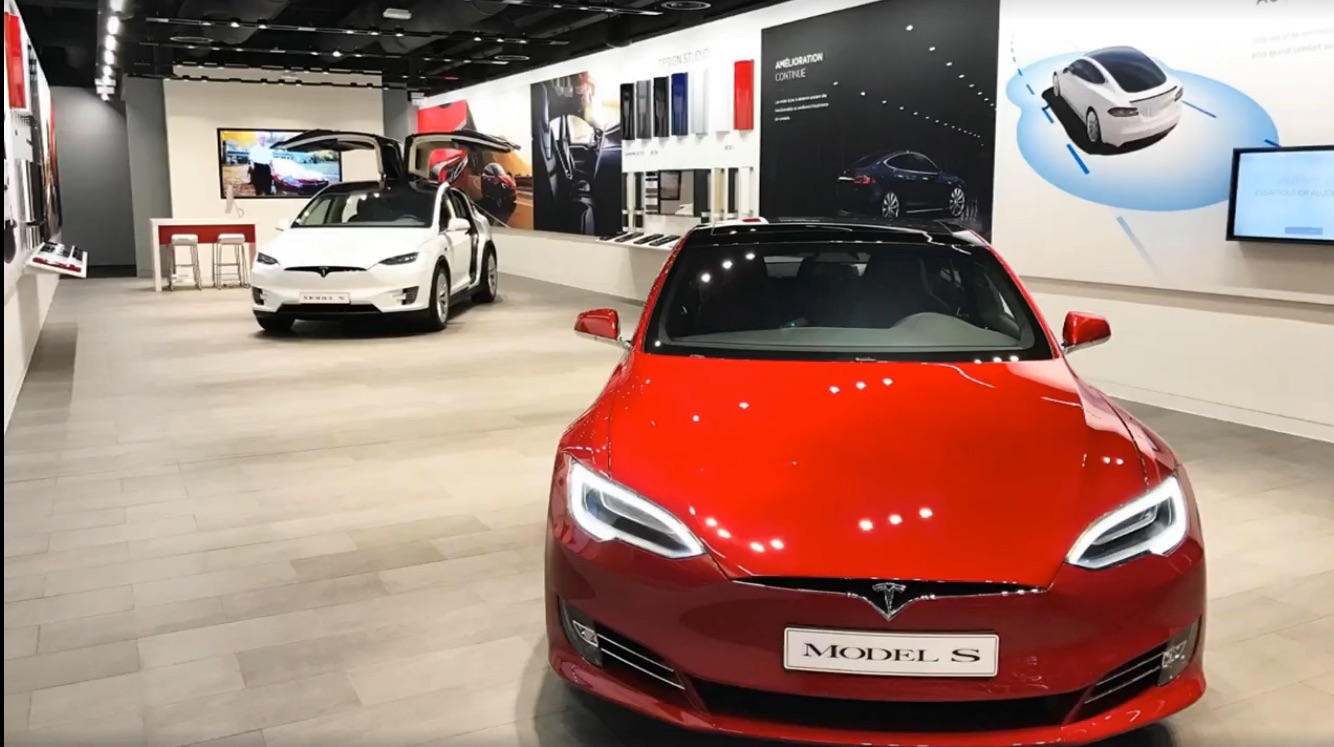

News
CR downgrades Tesla Model S, X over missing automatic emergency braking feature
Tesla Model S and Model X owners with self-driving hardware have been waiting patiently for the company to bring their vehicles to feature parity with first generation Autopilot cars. Originally promised by the end of 2016, the process is still on going and many customers have grown impatient with the delay.
One of those customers is Consumer Reports, which purchases cars for its test fleet instead of accepting loaners from manufacturers in order to maintain a degree of impartiality in its findings. CR lowered its rating of the Tesla Model S and Model X by two points today because the long promised software upgrade that would enable automatic emergency braking has failed to materialize. The two-car downgrade means the Model S is no longer the top ranked ultra luxury sedan and puts the Model X near the bottom of the rankings for midsize luxury SUVs.
Consumer Reports called automatic emergency braking a “basic safety feature” that was available on cars costing far less, including the Toyota Corolla. “When we purchased our latest test car, we were assured automatic emergency braking would be enabled by the end of 2016,” said Jake Fisher, director of Consumer Reports’ Auto Test Center. “We’ve been waiting for this important safety feature, which is standard equipment on much cheaper cars.”
Tesla was quick to respond. After learning of the lowered rankings, it notified CR that automatic emergency braking would be rolled out via an over-the-air software update slated for Thursday, April 27.
Tesla notes in an email statement to CR, “Automatic Emergency Braking and other safety features are a top priority, and we plan to introduce them as soon as they’re ready”. Adding, “We believe it would be morally wrong and counterproductive to our goal of improving consumer safety to release features before they’re ready, and we believe our customers appreciate that.”
The slow pace of software updates for Autopilot 2.0 equipped cars has frustrated owners and led to a class action lawsuit claiming the company is putting owners at risk by selling its cars without vital safety features being operational. Tesla is vigorously contesting that suit and says it cannot roll out the needed software upgrades until they have been fully validated. The jab by Consumer Reports seems to have moved that process forward dramatically.

News
Tesla China wholesale figures drop in February amid new Model Y transition
Tesla China’s February 2025 wholesale figures come amidst the company’s transition to the new Model Y, an update to its strongest seller in the country.
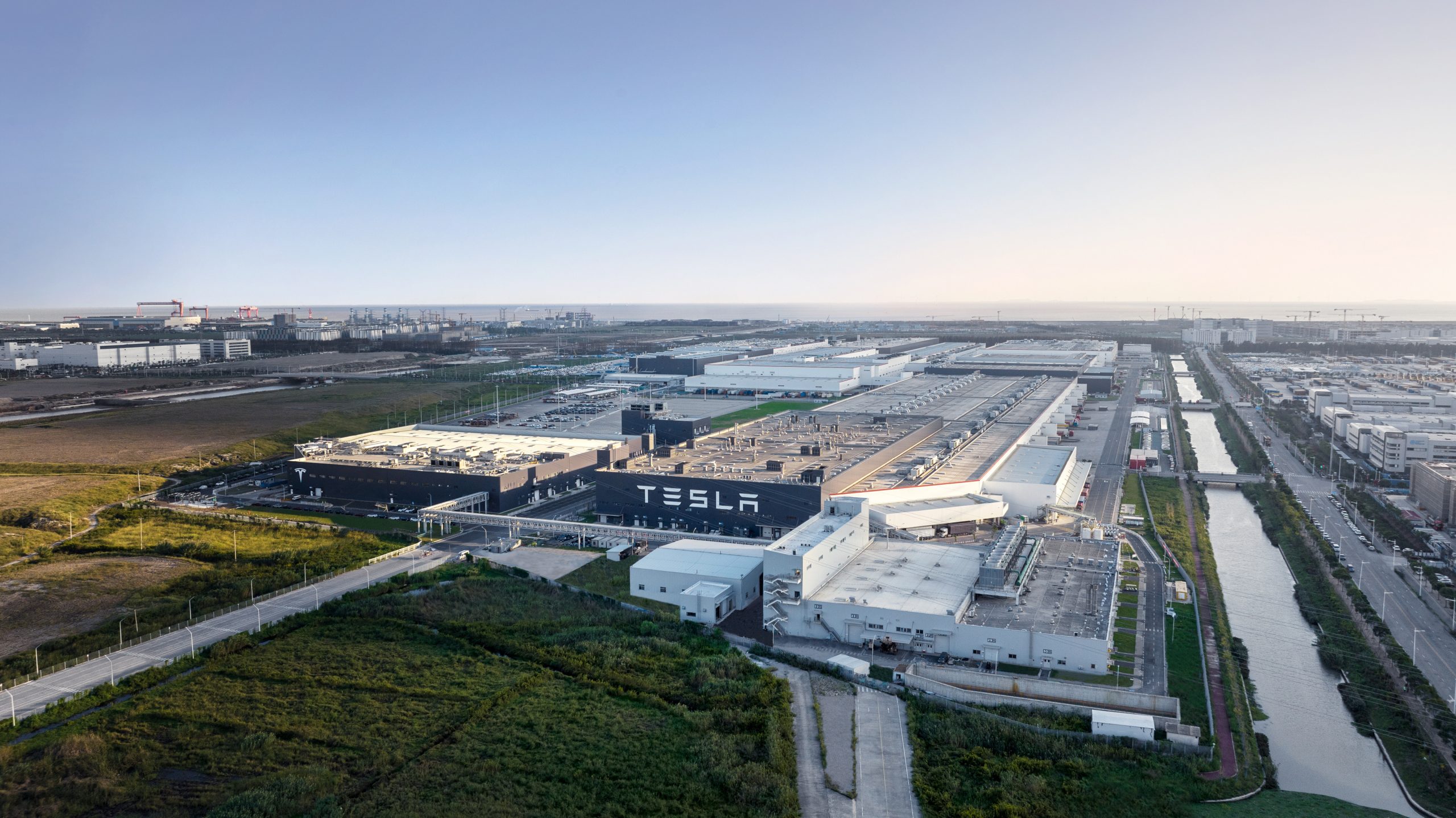
Tesla’s sales of China-made electric vehicles dropped sharply in February, with the U.S. automaker selling 30,688 units wholesale, a 51.47% decline from January’s 63,238 and a 49.16% slide from the 60,365 vehicles that were sold wholesale in February 2024.
Tesla China’s February 2025 results were reflected in data from the China Passenger Car Association (CPCA).
Tesla China’s 2025 sales:
Tesla China’s February 2025 wholesale figures come amidst the company’s transition to the new Model Y, an update to its strongest seller in the country. In the lead-up to the first deliveries of the new Model Y in late February, Tesla China likely cleared out its inventory of Model Y classic units, throttling sales of the all-electric crossover during the month.
Combined January-February 2025 sales for Tesla China currently stand at 93,926 units wholesale, as per a CNEV Post report. These represent a 28.74% decline from the 131,812 units sold wholesale in 2024’s first two months.
The new Model Y:
Tesla China introduced the new Model Y on January 10. At the time, Tesla China listed the revamped all-electric crossover’s first deliveries as sometime in March 2025. Deliveries of the new Model Y ultimately started on February 26, 2025.
The new Tesla Model Y offers a number of improvements compared to its predecessor, from an updated exterior that gives the vehicle a more aggressive look to an interior that addresses most of the complaints about the Model Y classic’s cabin. Upgrades include an updated suspension system and better sound isolation, which improve the new Model Y’s ride quality.
Previous reports:
A previous report from Bloomberg News back in January claimed that Tesla China will be pausing some of Giga Shanghai’s Model Y lines from January 22 to February 14 to optimize production equipment for the updated all-electric crossover. The publication also claimed that the facility’s Model 3 lines will be paused from January 26 to February 3 as well.
Considering that the Model Y is Tesla’s strongest seller in China, it would be interesting to see just how successful the vehicle will be in the country’s domestic market this year.
News
BYD executive VP Stella Li calls for Tesla team-up against ICE vehicles
“Our common enemy is the internal combustion engine car. We need to work together… to make the industry change,” the executive stated.
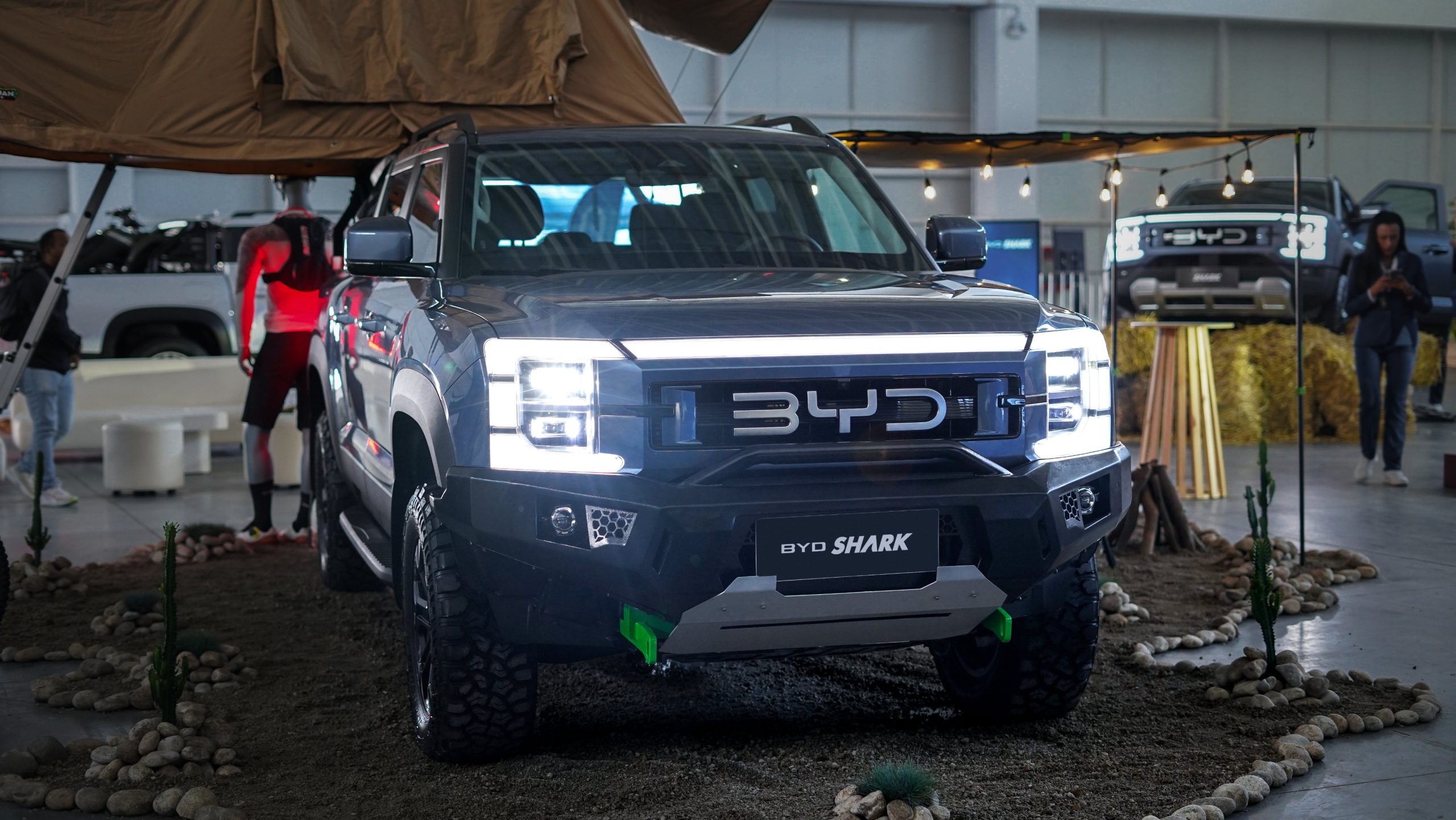
Stella Li, executive vice president of China’s leading electric vehicle maker BYD, noted that the Chinese automaker is willing to work with Tesla to battle combustion-powered cars.
The executive’s comments came as BYD and Tesla vie for supremacy in the global EV market, with both companies pushing aggressive innovation to capture consumer demand.
BYD exec’s comments:
Speaking to the Financial Times at a BYD showroom in London, Li noted that BYD would “work together” with Tesla to combat ICE vehicles. “Our common enemy is the internal combustion engine car. We need to work together… to make the industry change,” she stated.
She also stated that Beijing is “more open” to sharing innovations with foreign companies, even if there are rising trade tensions in Europe and the United States. “(The) Chinese government is more open, so maybe there is a lot of wrong perception here,” she noted.
China’s EV adoption:
Li emphasized the strength of China’s EV adoption as a model for the industry. She also expressed some confidence amidst the apparent slowdown in the global EV sector.
“Why are people still choosing the EV? Because it’s a better car, a smarter car… and it’s higher quality,” she stated.
Autonomous driving efforts:
BYD and Tesla’s efforts to make headway into the EV sector is highlighted by the two companies’ efforts to roll out a dedicated autonomous driving system to its domestic vehicles in China. Last month, BYD announced its “God’s Eye” self-driving system across most of its models in China at no additional cost.
Tesla, for its part, has pushed its first vision-based Full Self-Driving (FSD) features to the Chinese market. Early reviews of Tesla’s FSD features in China have been positive, with numerous users praising the system for its capability to traverse public roads without much issues.
News
Hyundai seeks to expand EV sales in Europe with new Türkiye plant
With a new EV plant in Türkiye, Hyundai is charging toward 100% zero-emission vehicle sales in Europe by 2035.

Hyundai seeks to expand its electric vehicle (EV) sales in Europe with a plant in Türkiye.
The South Korean automaker’s new Izmit plant in Türkiye is expected to strengthen Hyundai’s production capacity while reducing its carbon footprint. The new plant will produce electric models alongside the internal combustion engine (ICE) cars it is currently building.
Production at Hyundai’s Izmit plant will support the company’s need to meet the European market’s demand for sustainable automobiles. The Izmit plant will likely boost EV production in Europe, along with Hyundai’s manufacturing plant in the Czech Republic. It will also get Hyundai one step closer to offering only zero-tailpipe emission vehicles in Europe by 2035.
Hyundai Motor Türkiye, formerly known as Hyundai Assan Otomotiv Sanayi, has been the company’s longest-serving overseas production hub outside of South Korea. It has produced over 3 million vehicles in more than 28 years. Hyundai’s overseas hub has built a network of over 50 local suppliers in Türkiye. Over 55% of the Izmit plant’s vehicle components are domestically manufactured.
-
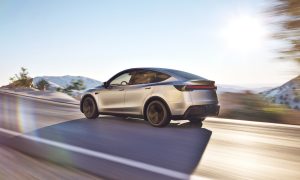
 Elon Musk21 hours ago
Elon Musk21 hours agoTesla mulls adding a new feature to fight off vandals as anti-Musk protests increase
-
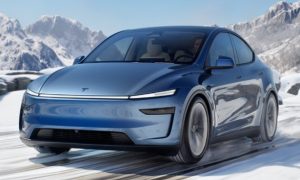
 News2 days ago
News2 days agoTesla’s lead designer weighs in on plans for these two Model Y colors
-
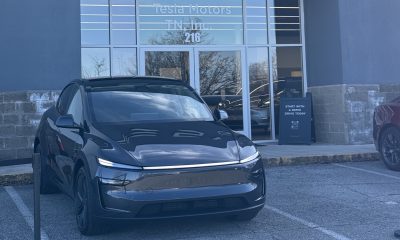
 News23 hours ago
News23 hours agoTesla starts Model Y ‘Launch Edition’ deliveries in the U.S.
-

 News2 days ago
News2 days agoTesla design head reflects on over 16 years with the company
-
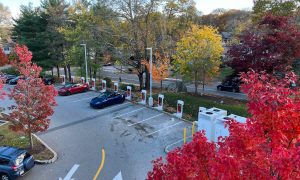
 News3 days ago
News3 days agoTesla launches 100+ Supercharger partnership with this fast food chain
-
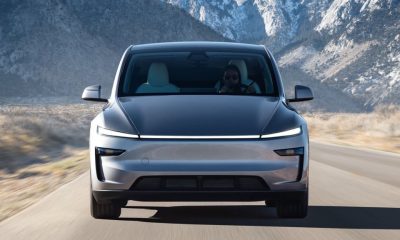
 Elon Musk20 hours ago
Elon Musk20 hours agoTesla gaining with Republicans as it loses traction with Democrats: Stifel
-
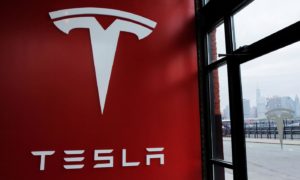
 Elon Musk2 days ago
Elon Musk2 days agoAnti-Musk protests at Tesla store in New York lead to arrests
-

 News21 hours ago
News21 hours agoAnti Elon Musk protester attacks Polestar after mistaking it for a Tesla





